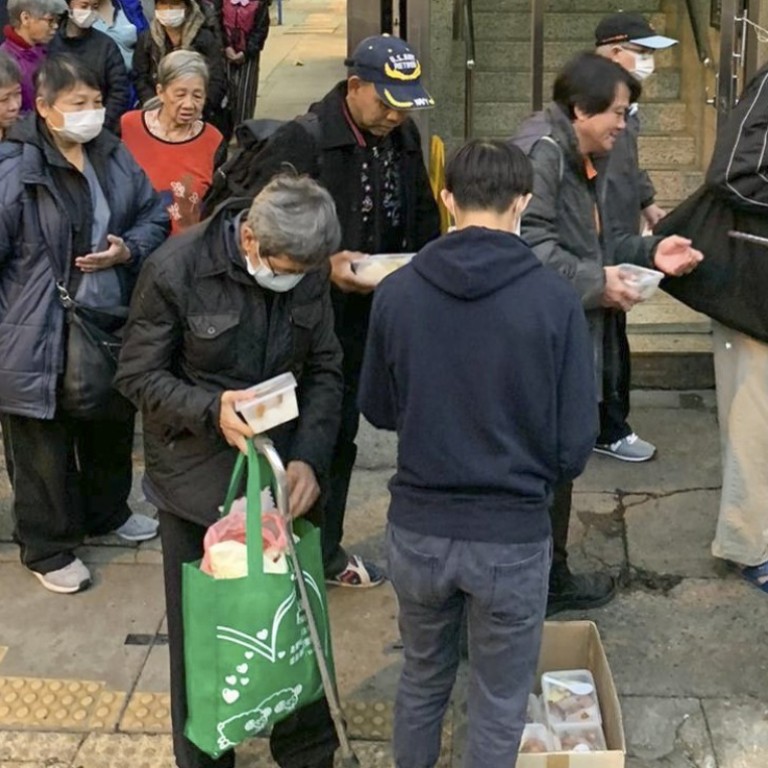
Exclusive | Coronavirus-battered NGOs say Hong Kong’s charity sector needs government aid to keep doing their work, avoid redundancies
- More than 60 per cent of respondents to a survey reported funding down by a third as fundraisers have been cancelled amid the city’s battle with Covid-19
- Some smaller organisations could be closed in as soon as two months without a cash injection, new task force says
A group of larger Hong Kong non-governmental organisations (NGOs) helping the city’s needy is calling for help themselves as donations dry up amid the coronavirus epidemic.
The NGOs told the Post this week that some in the sector were struggling to stay afloat and warned of a wave of redundancies after the epidemic triggered cancellations of numerous fundraising events, a blow the organisations said they had already sustained during anti-government protests.
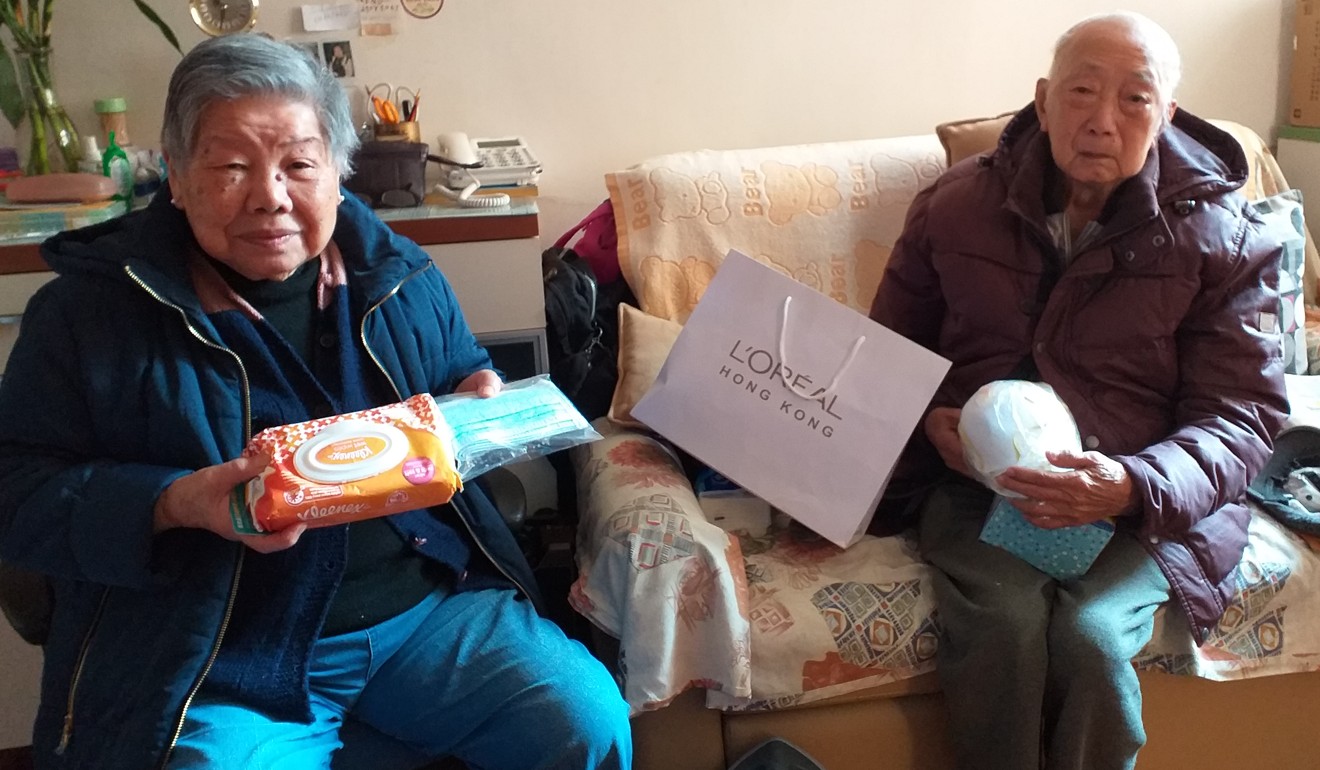
Toomey is among a group of women leaders from seven charities who have joined forces to create a volunteer task force and written a letter of appeal to the government on behalf of many charities in their sector who need it most.
Hong Kong has been at a near-standstill since late January, when the coronavirus that causes Covid-19 raged across the city, prompting the shutdown of most border checkpoints, the temporary closure of schools and work-from-home arrangements for 176,000 civil servants and office workers.

Although many workers are now returning to their offices, schools remained closed until after Easter holidays in April and social gatherings are still discouraged.
After mobilising, the task force quickly compiled a survey for their non-profit partners, seeking to assess the impact of the Covid-19 health crisis on organisations’ funding as well as their ability to deliver services.
Of the 102 tax-exempt charities that responded to survey between January 25 and February 21, 63 per cent said they experienced at least a 30 per cent drop in funding while 17 per cent said donations were down by 70 per cent.
The respondents, which are registered under section 88 of the Inland Revenue Ordinance, do not receive funding from the government and serve about one million people in the Hong Kong community.
All said they have had to reduce services.
Toomey said this is a snapshot of what is happening in the wider non-profit sector, which encompasses more than 2,500 charities. While some receive funding from the government, others rely solely on fundraising events, grants, and donations from individuals and businesses, sources that have dried up as events were cancelled due to the coronavirus epidemic.
“Without funding coming in, people’s jobs will be at stake, but those people are out serving Hong Kong’s most vulnerable. It’s a double hit,” she said.
“Continuing month after month with your income sources cut is challenging, and over time is hard to sustain.”
Hong Kong carers at ‘breaking point’ amid Covid-19 cutbacks
Labour Party lawmaker Fernando Cheung Chiu-hung said he was concerned about the difficulties many non-subvented NGOs – those registered under section 88 – are going through because of the epidemic.
“These NGOs are providing essential services to many vulnerable groups, such as those who are homeless, disabled, or children of poor households, just to name a few. Their needs should not be ignored by the government.”
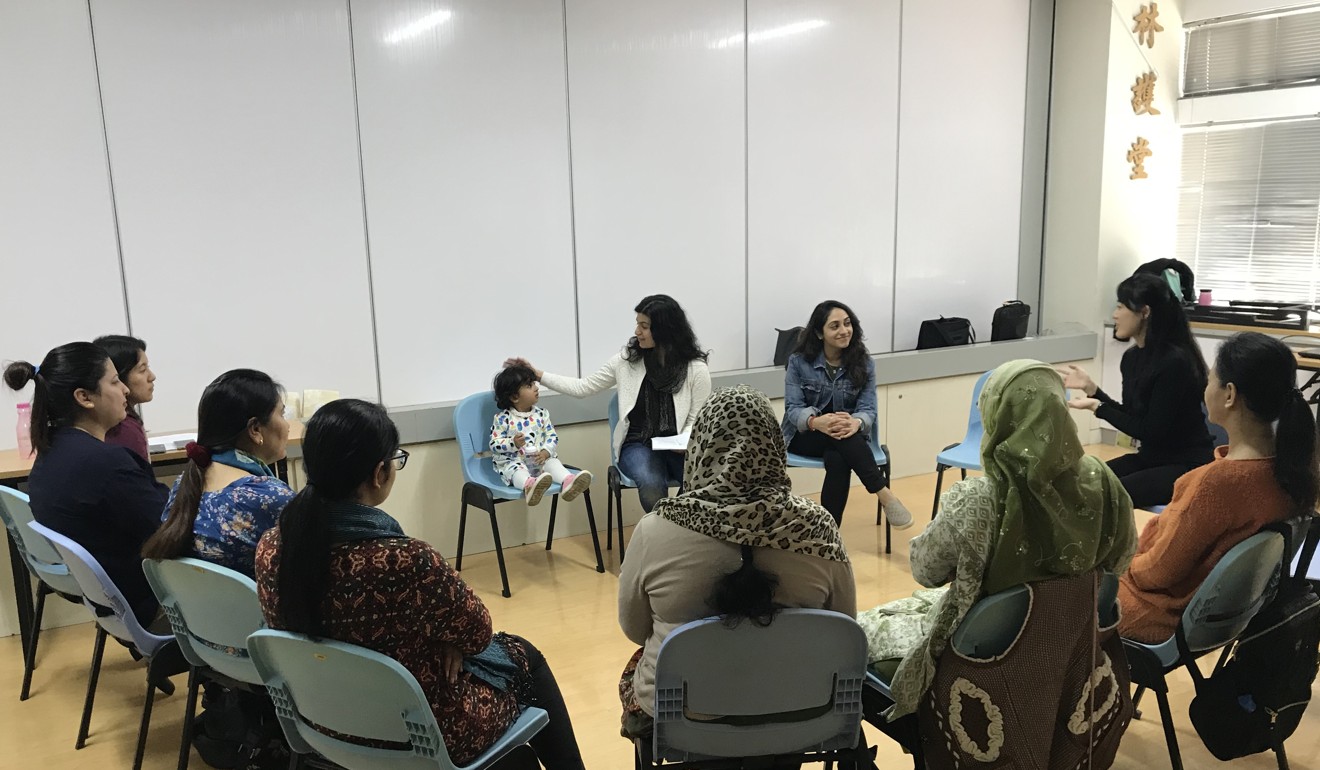
He called on the government to consider subsidising at least half of their staff salaries for at least six months.
Mahtani from the Zubin Foundation, which focuses on issues faced by the city’s ethnic minorities, said her organisation had received more calls on the helpline for women and girls in the past month than ever before and that their workload had actually increased, as more people were now looking for help.
“Charities work with the vulnerable, and the most vulnerable today are more vulnerable now than they were three months ago,” Mahtani said.
“More people have lost jobs. People are stuck in their homes with family members. If you are in a family where there is child abuse or other forms of abuse, it is even more difficult. Or if you have a child with special needs, it is extraordinarily hard right now. You are unable to go out.”
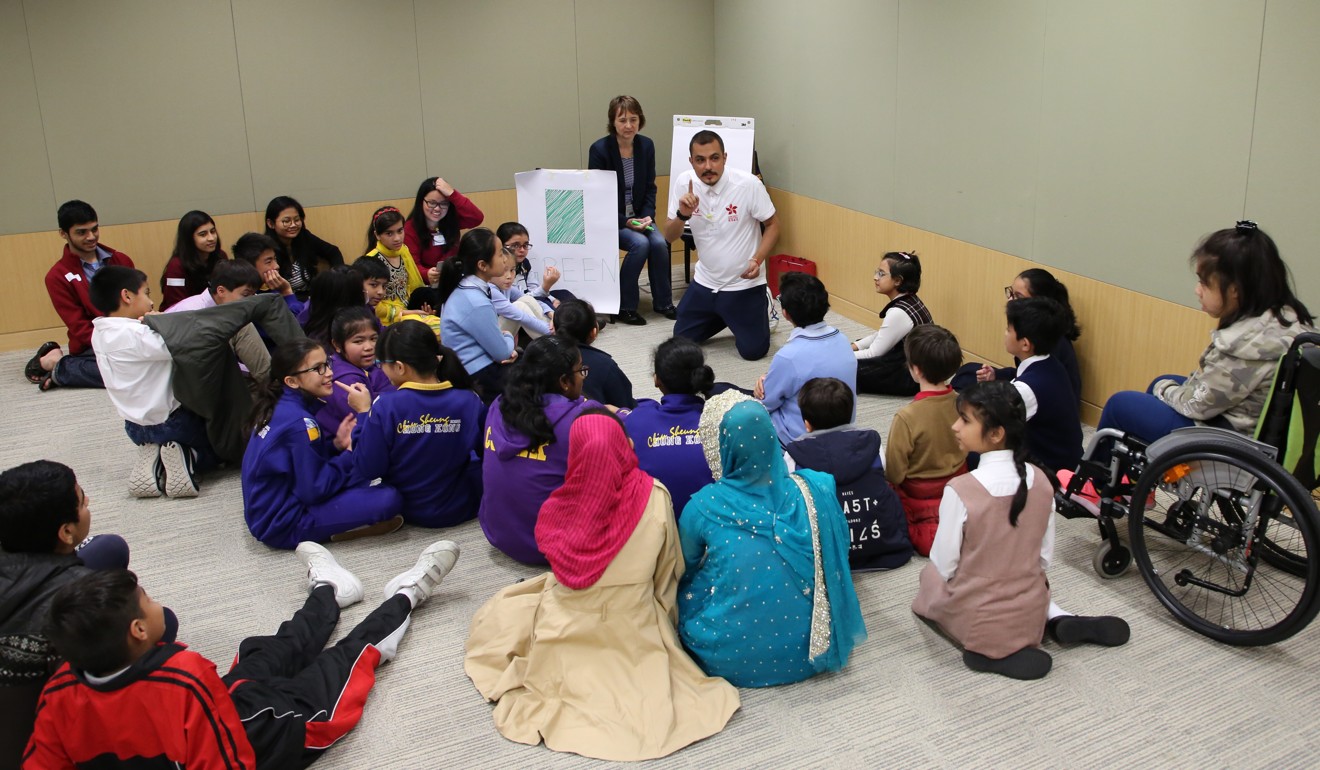
One organisation that has been hit hard by the coronavirus outbreak is the KELY Support Group, which works closely with many schools. However, with closures of schools and kindergarten extended until late-April, the operational services and programmes the group normally offer are on hold.
“The majority of young people did not experience Sars [the severe acute respiratory syndrome outbreak] in 2003, and so it really is the first time where there is a lot of fear and anxiety,” Siu said.
Since 1991, KELY has focused on drug abuse prevention, mental health and positive development among Hong Kong youth. However, with fundraising events cancelled due to the virus, money is tight.
“This financial year is looking very difficult, but we’re more concerned about the next financial year, because there are so many unknowns,” she said. “We still don’t know how long the virus will go on. We are going to face a tight cash flow if things don’t change. Unless we are able to fund raise and cover expenses, it will be very difficult.”
She said staff redundancies were a possibility if things do not improve in the next two months. However, it was something she hoped to avoid as many of her staff are themselves young people.
“I am particularly worried about smaller NGOs who provide services that specifically target groups in the community, and if they cannot maintain a service, then that will have an impact on those communities,” HKCSS chief executive Chua Hoi-wai said.
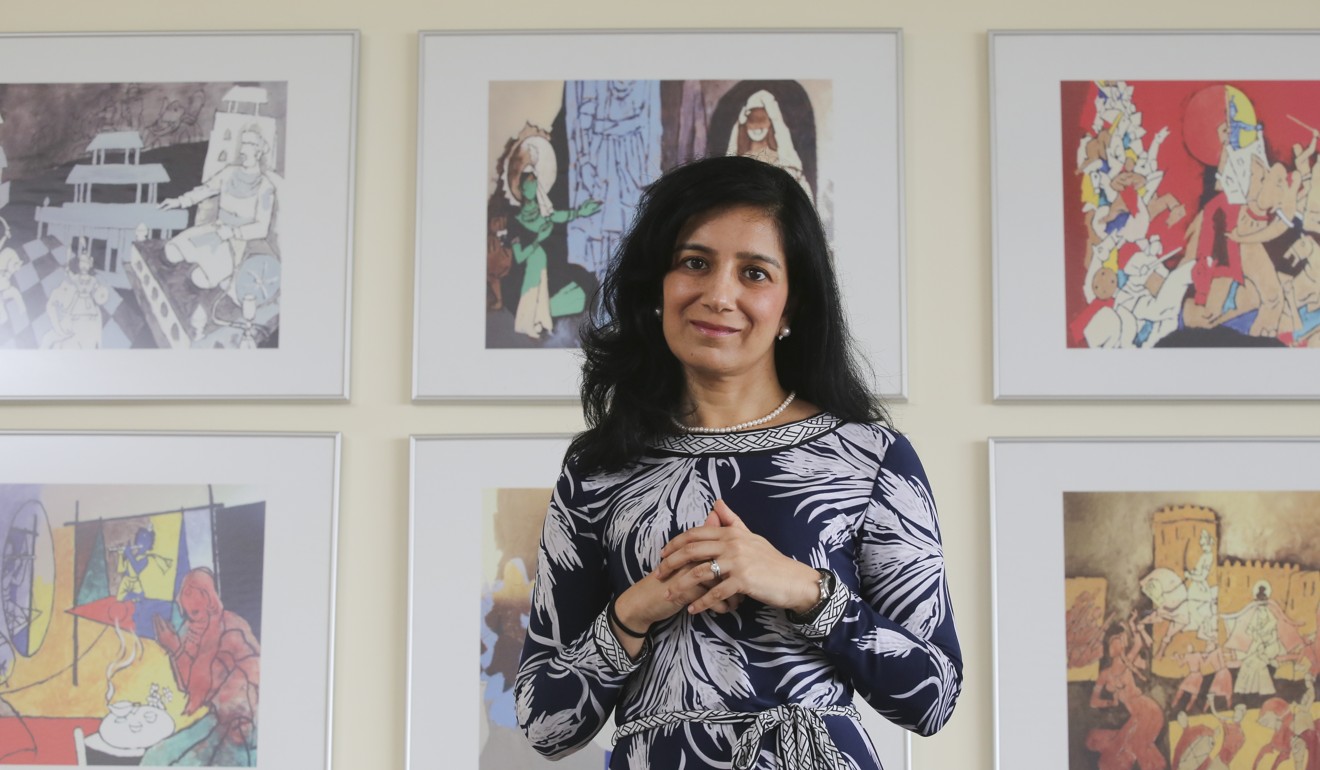
Of its more than 480 members, more than 300 do not receive regular funding support from the government, he added.
Lim of Asian Charity Services, which serves a network of more than 1,600 non-profit organisations, said smaller, local charities are very stretched right now, with some in danger of closing in the coming months.
“Right at this point in time, we know of four charities providing essential social services that may have to close” she said.
“If they don’t receive emergency funding in the next one to two months, they will have to close. The problem is, the rest of society will only get to know about the services that they are currently providing when they close. At that point, the question will be: what happens to those whom they have been serving? Who will be able to help them instead?”
One local charity is the Hong Kong Church Network for the Poor, which works with the city’s poorest, and was among the 79 organisations cosigning the letter to the government. Executive Director Susanna Ma Sau-kuen said these were groups on the frontline, many of whom were struggling to pay rent.
“If they are no longer in our community, people who they are serving will be lost, helpless, hopeless, and without a sense of belonging” Ma said.

